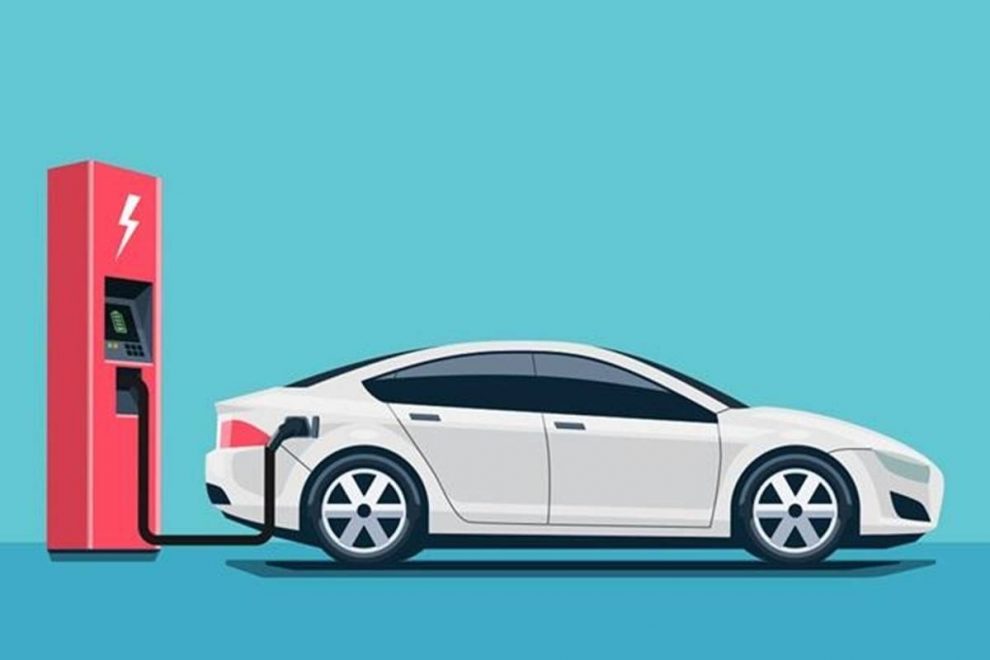It is not just the Income Tax benefit that an EV user gets, but the purchase will also bring you tax benefit which comes under the GST, as the government has taken initiatives to cut the rate from 12% to 5%
Electric Vehicles (EV’s) in India have been gaining ground in recent years. Especially now that India has to follow the sustainable development norms set by the UN which is followed by all the countries of the world, the government is going all out to promote these vehicles. EV’s not only promote sustainable development but are also very efficient and cheaper to run compared to the traditional vehicles we use, which runs on fuel like petrol and diesel.
Recently it has come to be noticed that EV’s in India not only promotes cost-effectiveness but also has tax benefits. The report titled ‘Electric Mobility in Full Gear‘ stated that States such as Delhi, Gujarat, Maharashtra and Meghalaya are focusing on demand incentives, whereas Karnataka, Tamil Nadu, Andhra Pradesh and Telangana are focusing on manufacturer-based incentives.
As per India’s Income Tax rules, cars for personal use are considered luxury products and so salaried professionals do not get any tax benefits on car loans. However, EV customers can avail of tax benefits on their loans under a recently added section called 80EEB.
Under section 80EEB, a total tax exemption of up Rs 1,50,000 can be availed when paying off the EV loan. This tax exemption is available for both 4-wheeler and 2-wheeler EV purchases.
The Section 80EEB is subject to the following conditions:
- This exemption can be availed by any person only one time. This means only an individual who has never owned an EV before can avail of tax relief on a loan under Section 80EEB.
- This exemption is only for people buying an EV on loan. The loan financing the EV should be from either financial institutions or NBFCs.
- The exemption is not for businesses. The tax relief can only be availed by individuals.
- Tax relief under the section can be availed for payoffs of all EV loans taken during the period of April 1, 2019, to March 31, 2023.
- Tax benefits under Section 80EEB can be availed from FY 2020-2021 onwards.
So, it is now clear that it is not just the Income Tax benefit that an EV user gets, but the purchase will also bring you tax benefit which comes under the GST, as the government has taken initiatives to cut the rate from 12% to 5%.
One of the main downsides of owning an EV before was its cost as they seemed to cost more than the traditional vehicles. With initiatives such as this, EV’s now will cost even less compared to what they did earlier. The long-term benefits (No fuel cost, less pollution etc.) is also undeniably great. This is sure to boost the EV sector in the coming months.
Article Source: timesnownews.com (Times Now News)
Image source: newsonair.com














Add Comment